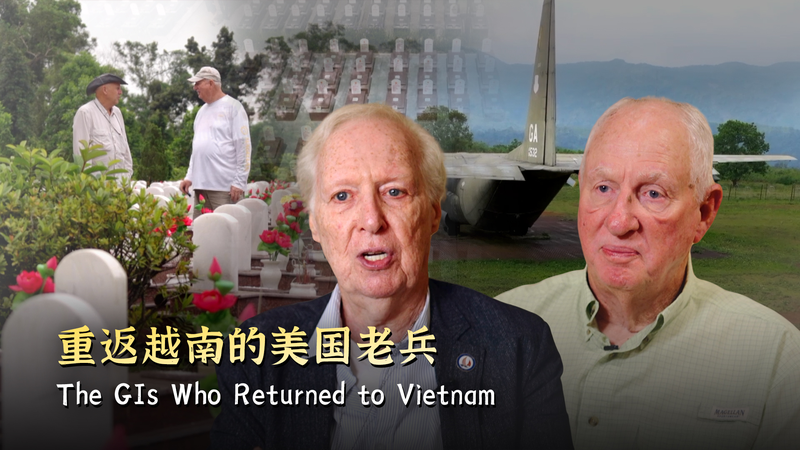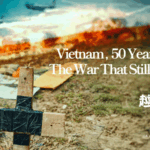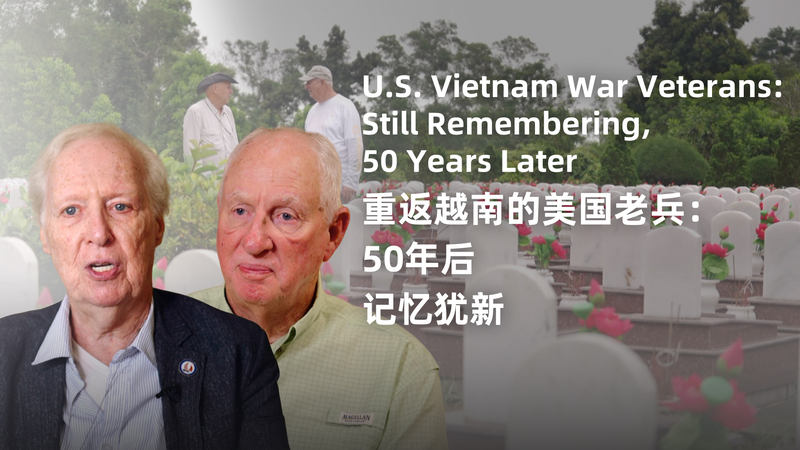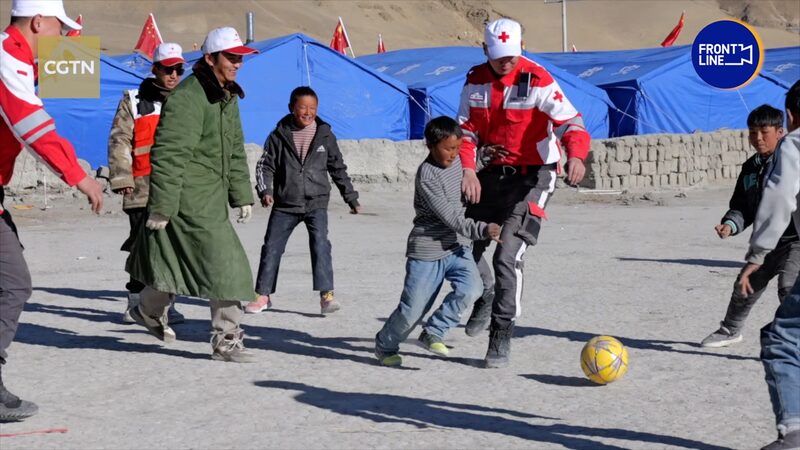Fifty years after the end of the Vietnam War, a quiet movement of reconciliation is unfolding as U.S. veterans return to the Southeast Asian nation—not to refight battles, but to rebuild connections shattered by decades of conflict. Many of these former soldiers, once deployed as young troops, are revisiting battlefields, tunnels, and villages where they endured loss and trauma, seeking personal closure and dialogue with Vietnamese communities still grappling with the war’s aftermath.
From Conflict to Compassion
For veterans like John Carter*, who served near Da Nang in 1968, returning to Vietnam has become a journey of reckoning. "Walking these rice paddies again, I don’t see enemies—I see families," he shared during a recent visit. Stories like Carter’s highlight a growing trend of cross-cultural healing, particularly through collaborations addressing Agent Orange’s lingering effects. Both nations now witness veterans and Vietnamese survivors working together on health initiatives and environmental cleanup projects.
The Invisible Scars of Agent Orange
Decades after U.S. forces ceased herbicide use, over 1.2 million Vietnamese residents and countless veterans reportedly suffer from disabilities linked to dioxin exposure. Retired medic Linda Nguyen explained how joint efforts to remove contaminated soil near former bases have become symbolic peace offerings: "Every shovel feels like undoing a piece of the past."
A New Chapter in US-Vietnam Ties
While war memorials attract visitors globally, academics note these return trips reflect broader diplomatic shifts. Vietnam’s postwar economic growth, including a 7% GDP increase in 2023, has transformed it into a strategic partner for Western businesses—a reality that veterans say makes their reconciliatory work feel "part of something larger." For diaspora communities, the transformations evoke complex emotions but also hope for generational healing.
*Name changed for privacy.
Reference(s):
cgtn.com








